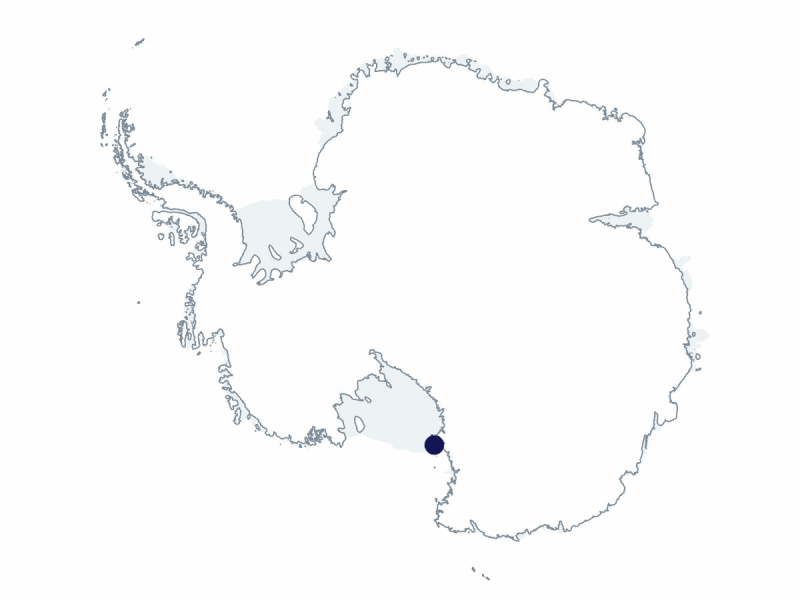2024-2025 USAP Field Season
Project Detail Project TitleMCM-LTER: MCM6 - The roles of legacy and ecological connectivity in a polar desert ecosystem Summary
Event Number:
Program Director:
ASC POC/Implementer: Principal Investigator(s)
Dr. Michael N Gooseff
Project Web Site: Location
Supporting Stations: McMurdo Station DescriptionIn this iteration of the McMurdo Long Term Ecological Research (MCM-LTER) project (MCM6), the team will test ecological connectivity and stability theory in a system subject to strong physical drivers (e.g., geological legacies, extreme seasonality and contemporary climate change) and driven by microbial organisms. The team hypothesizes that the structure and functioning of the McMurdo Dry Valleys ecosystem is dependent upon legacies and the contemporary frequency, duration and magnitude of ecological connectivity. This hypothesis will be tested with new and continuing monitoring, experiments, and analyses of long-term datasets to examine: 1) The stability of these ecosystems as reflected by sentinel taxa; 2) The relationship between ecological legacies and ecosystem resilience; 3) The importance of material carryover during periods of low connectivity to maintaining biological activity and community stability; and 4) How changes in disturbance dynamics disrupt ecological cycles through the polar night. Tests of these hypotheses will occur in field and modeling activities using new and long-term datasets already collected. Field Season OverviewIn the second field season of MCM6, twenty participants will deploy between late October and mid-February to continue long-term monitoring efforts on glaciers, lakes, streams, and soils, as well as collect data from meteorological stations and a network of deployed sensors in and around the McMurdo Dry Valleys. The team will use Crary Lab space to prepare for field work, process and store samples, conduct analyses, and pack samples for shipment. Helicopter support will be used to access Taylor Valley field camps and field sites throughout the Dry Valleys, with participants working from the camps for extended periods or making day trips from McMurdo Station. EarthScope GAGE (T-295-M) will provide support measuring lake levels, setting up and servicing GPS stations, and flying Uncrewed Aerial System surveys. Deploying Team Members
|
2024-2025 Science Planning Summary



For USAP Participants |
For The Public |
For Researchers and EducatorsContact UsU.S. National Science FoundationOffice of Polar Programs Geosciences Directorate 2415 Eisenhower Avenue, Suite W7100 Alexandria, VA 22314 Sign up for the NSF Office of Polar Programs newsletter and events. Feedback Form |



